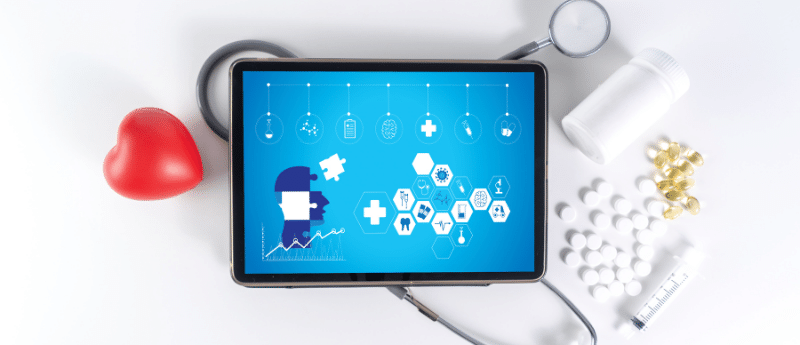CODE-EHR: RWD research best practice framework developed by global digital health leaders

The ESC and BigData@Heart consortium propose RWD research CODE-EHR Minimum Standards Framework to raise the quality of, and trust in, studies based on electronic health records.
At the recent European Society of Cardiology (ESC) Congress 2022, ESC and the BigData@Heart consortium presented their proposed CODE-EHR Minimum Standards Framework, with simultaneous publication in the BMJ, Lancet Digital Health and European Heart Journal. They developed CODE-EHR with a multistakeholder panel to improve the design, transparency and reporting of studies using electronic healthcare data so that the increased quality and integrity of the research boosts confidence in using the results for clinical decision support.
Research using real-world electronic healthcare data is a vital component of future healthcare development and evaluation but, to date, its utilisation and influence have been limited by concerns over data quality, privacy, transparency and comparability. ESC and BigData@Heart, a 6-year Innovative Medicines Initiative project launched in 2017, convened a wide range of international stakeholders, including patient representatives, clinicians, scientists, regulators, journal editors and industry, to review the challenges and opportunities of research using electronic healthcare records (EHR) in order to develop CODE-EHR.
The framework defines both sets of minimum standards and preferred standards for future research, in 5 key areas. These are: disease and outcome definitions; dataset construction and linkage; the processes that underpin coding; analysis; and research governance and ethics.
Author Professor Dipak Kotecha of the University of Birmingham and University Hospitals Birmingham NHS Foundation Trust, UK said: “This international framework will enable robust and effective use of healthcare data for clinical research and provide those working in this field with guidance on how to design better studies for maximal benefit to patient care.”
Iterative updates to this framework are expected, for ongoing enhancement of research quality and value, as use of routinely collected healthcare data continues to expand and evolve.
Want regular updates on the latest real-world evidence news straight to your inbox? Become a member on The Evidence Base® today>>>






